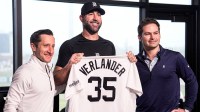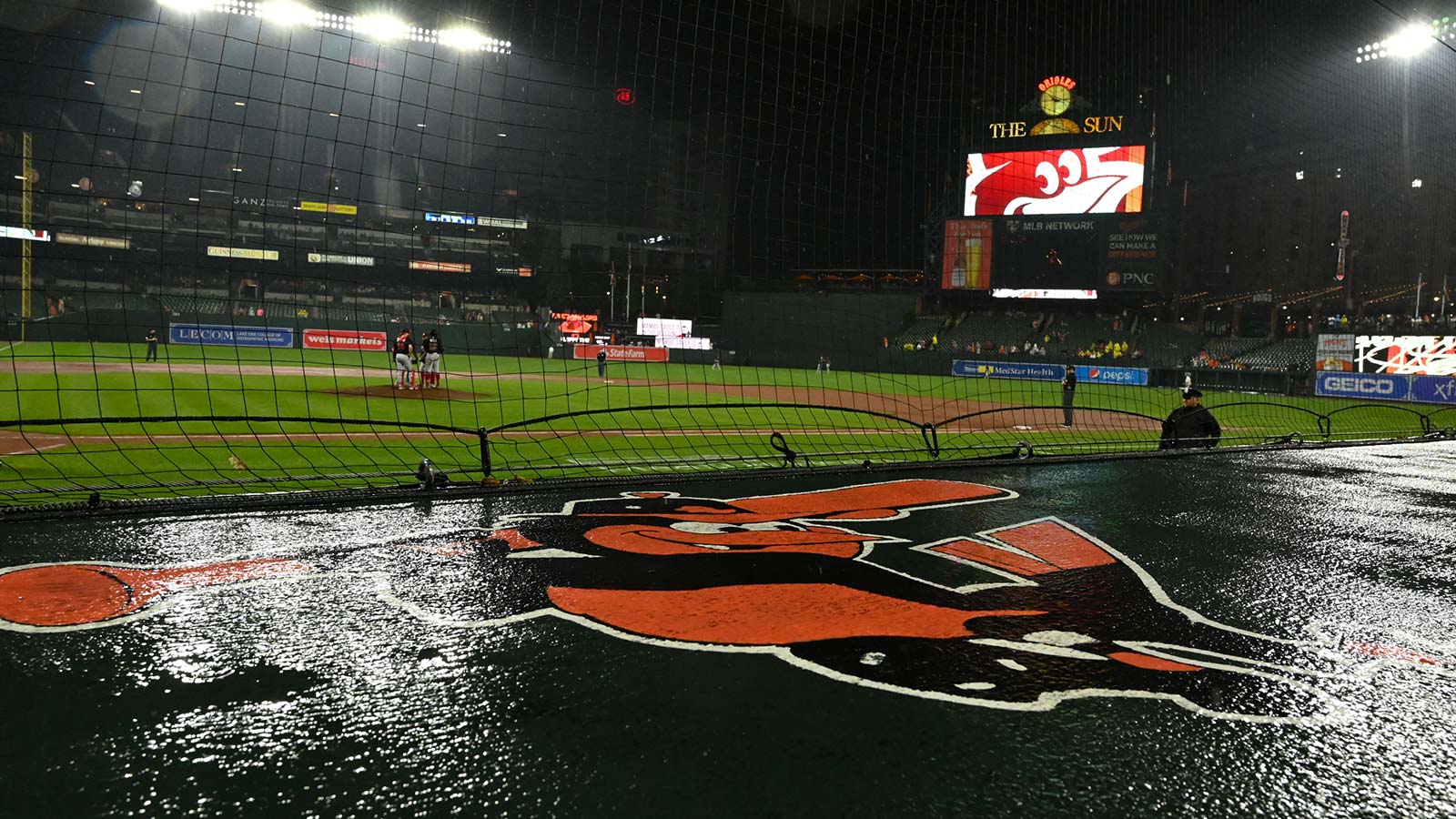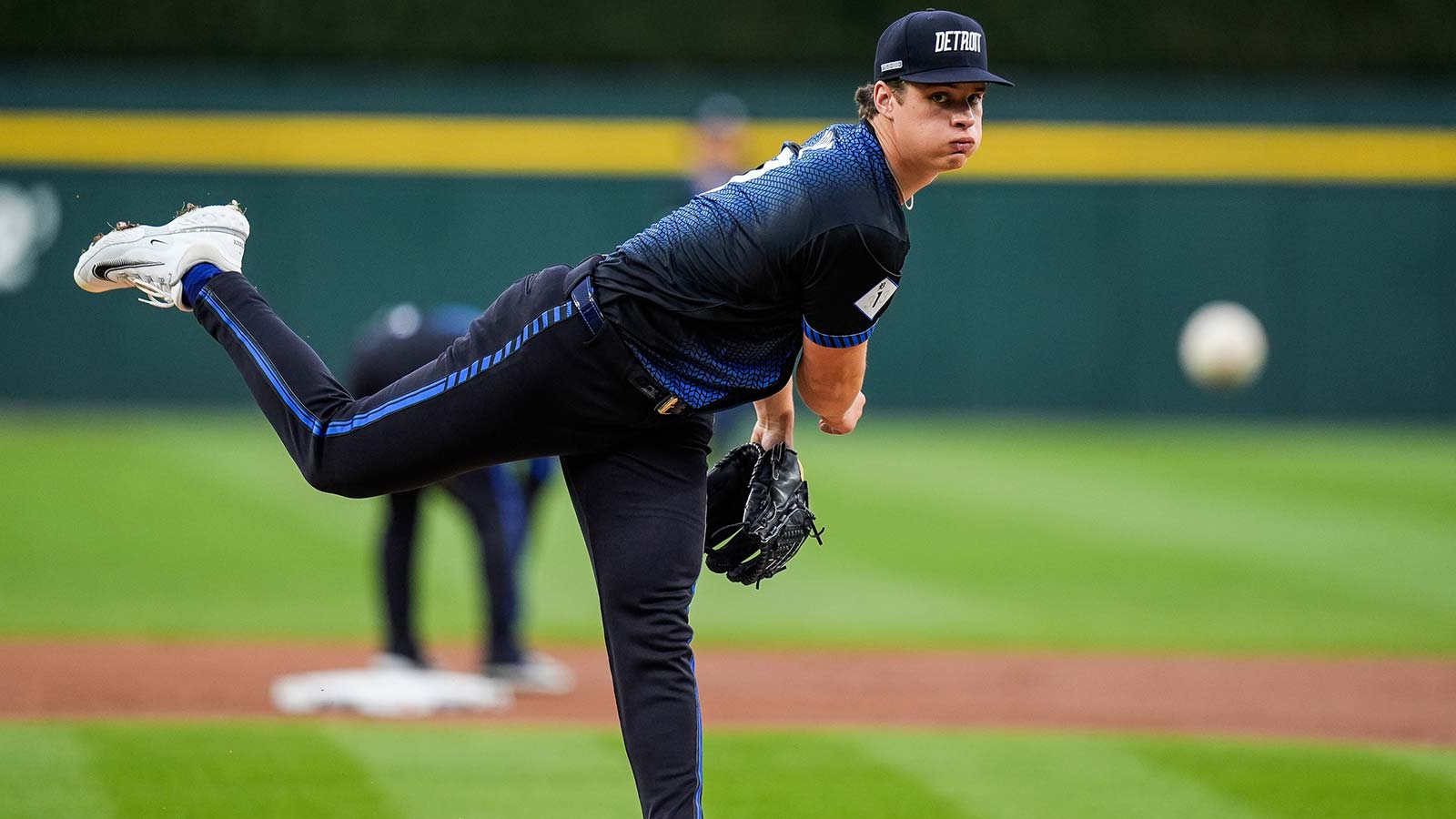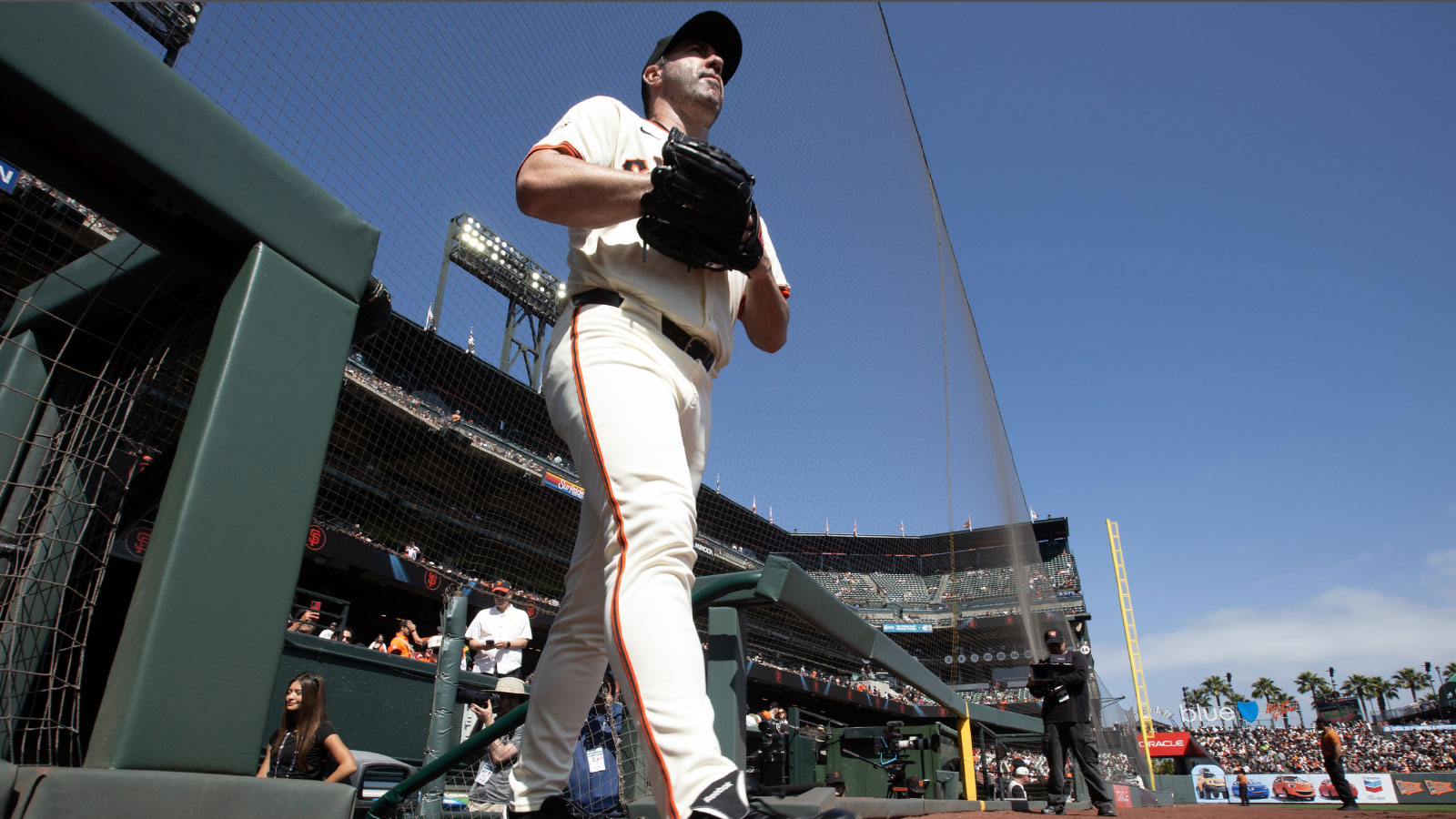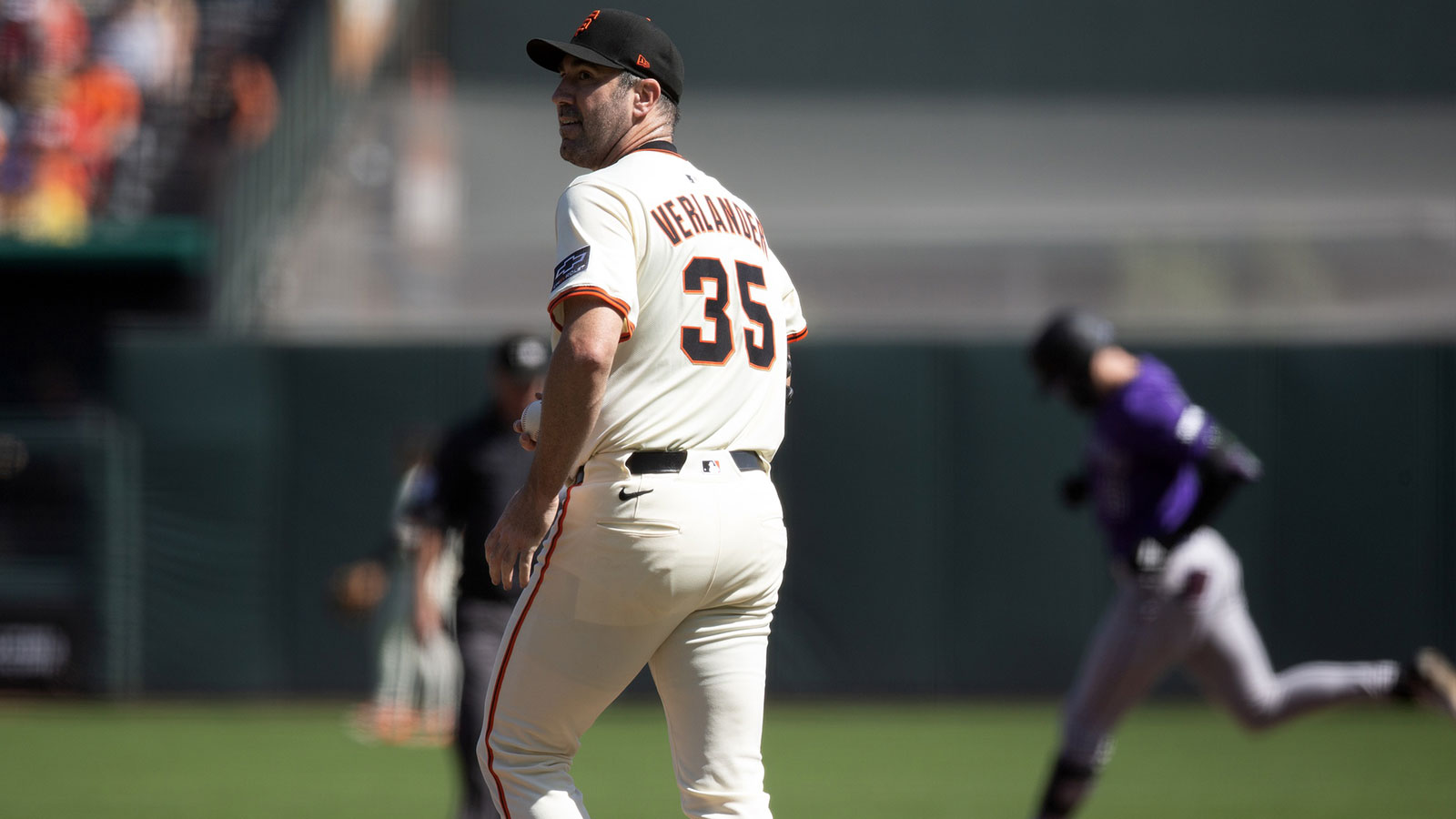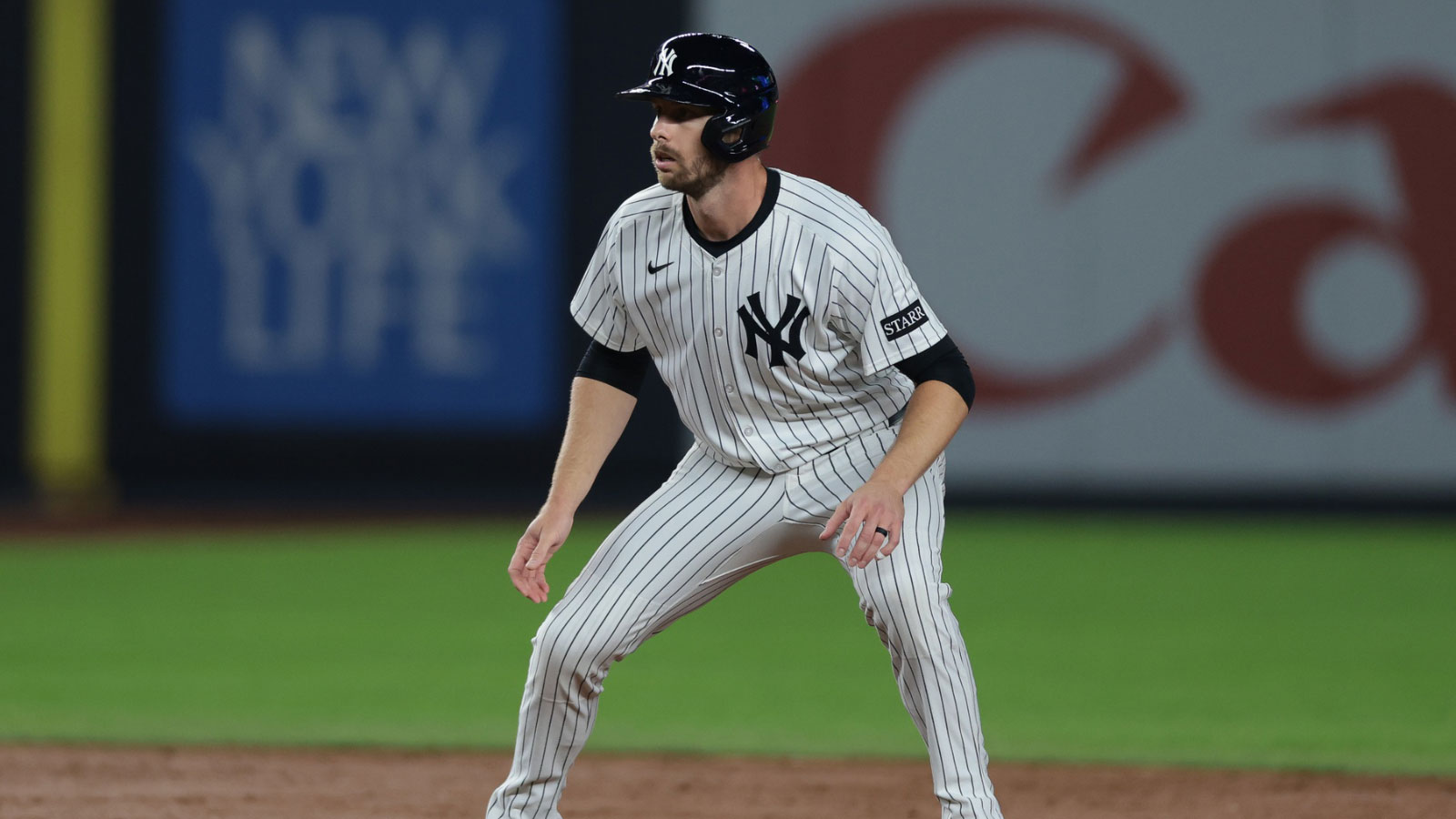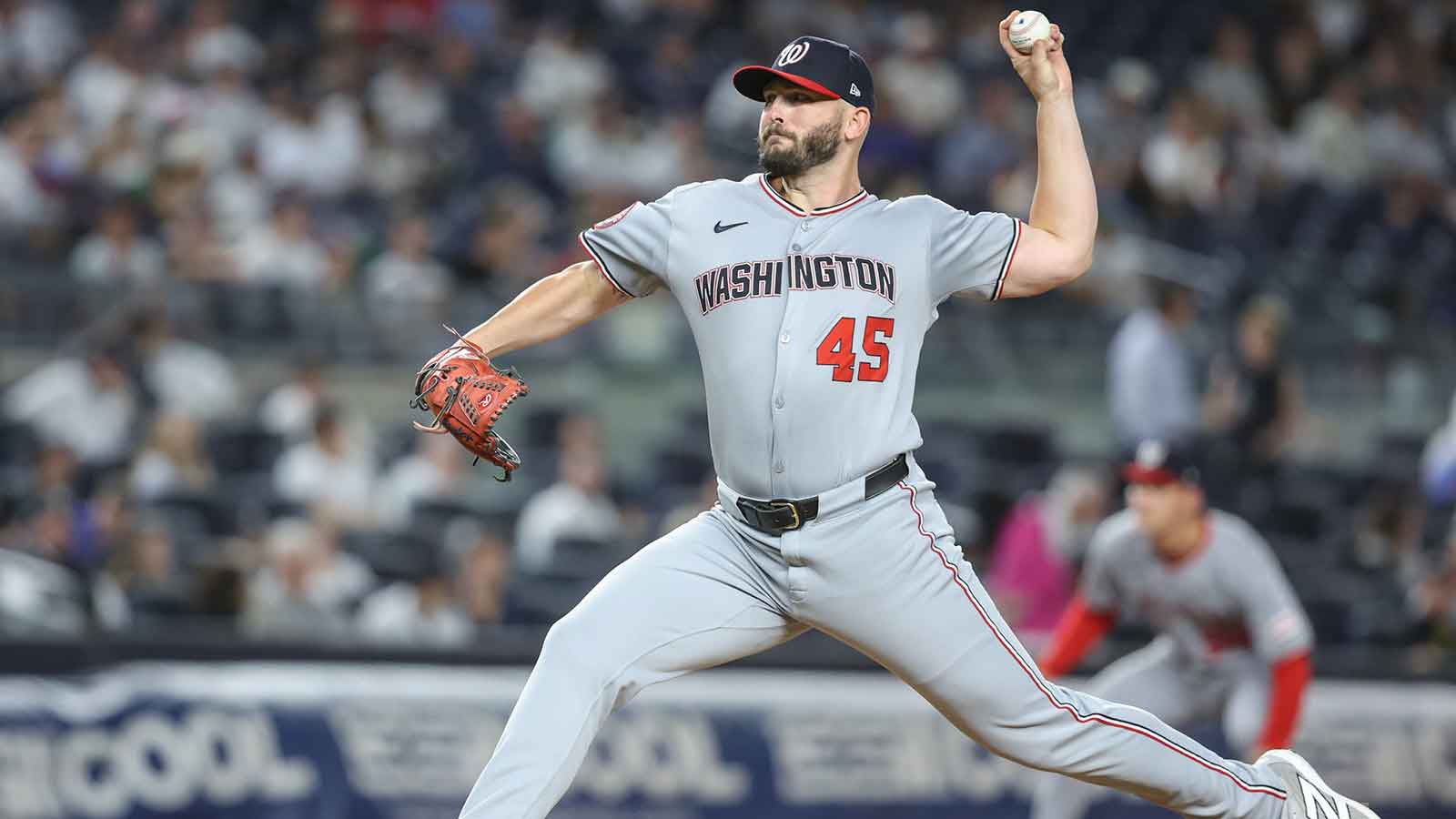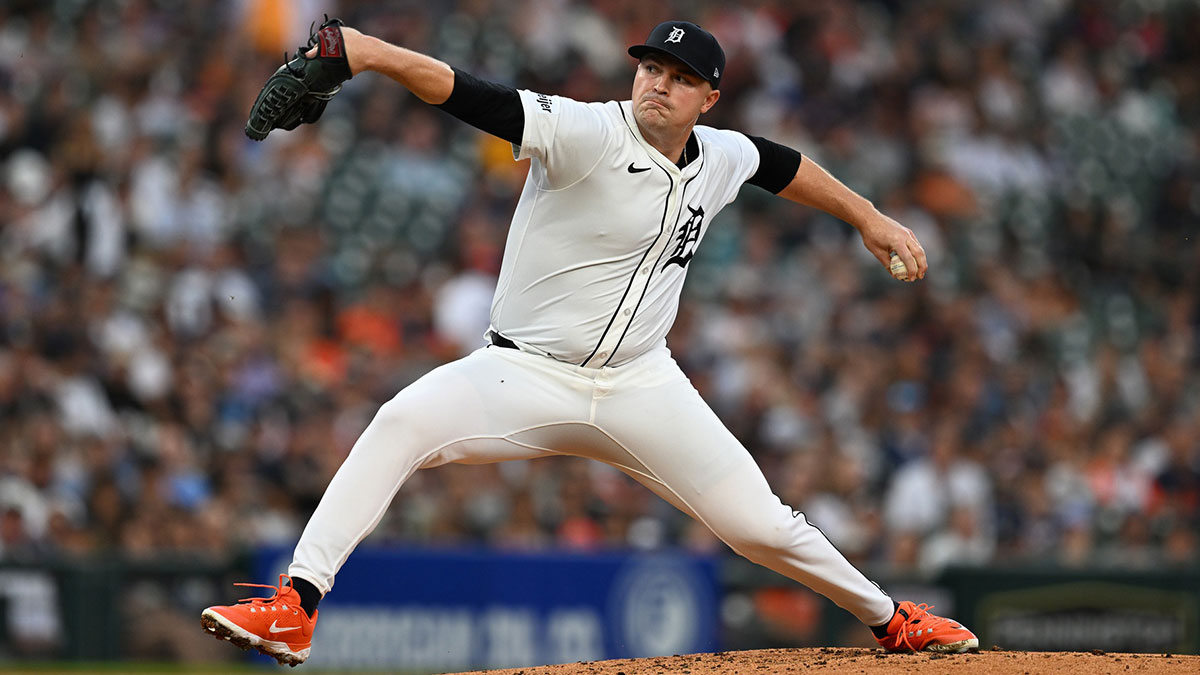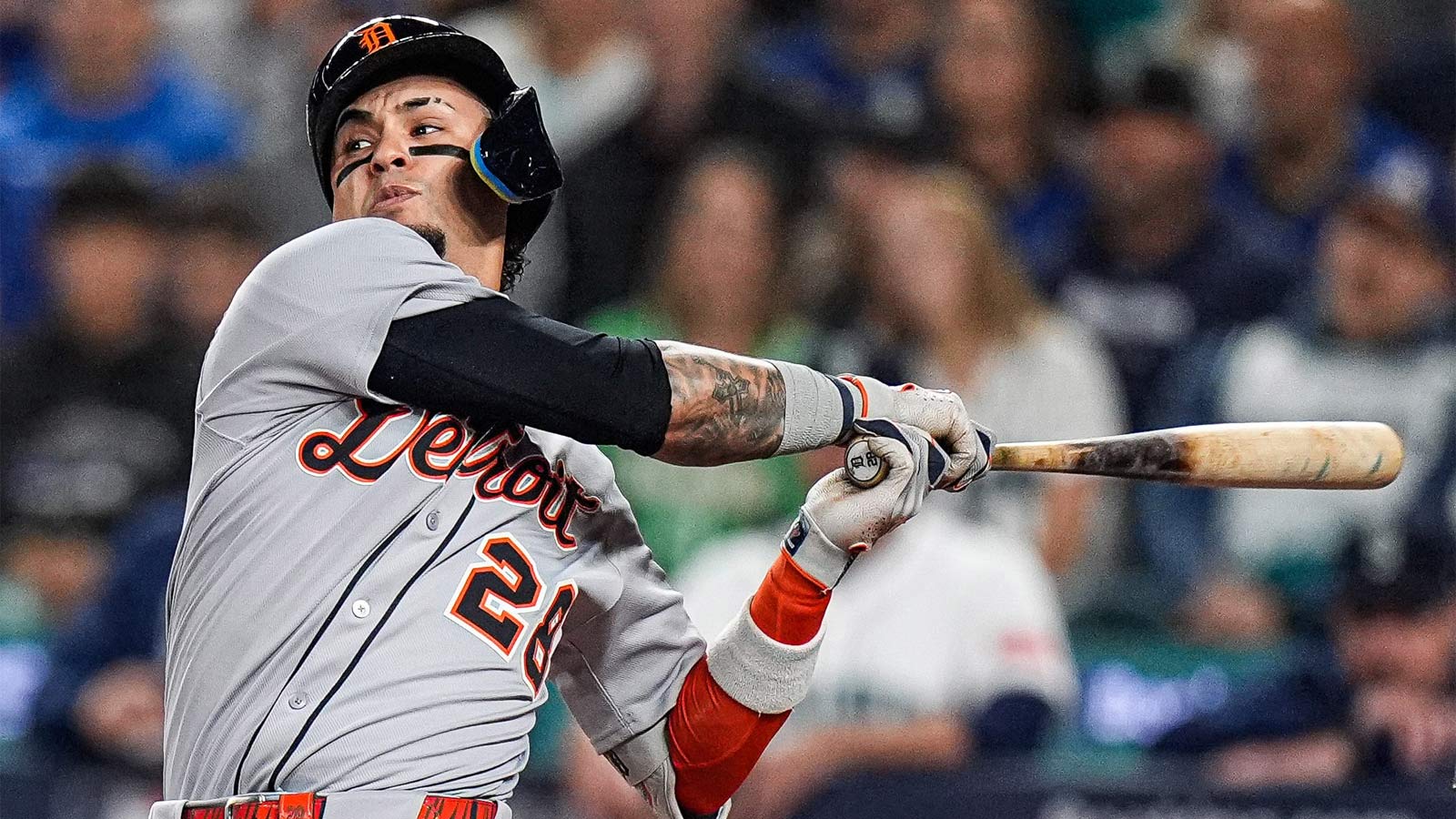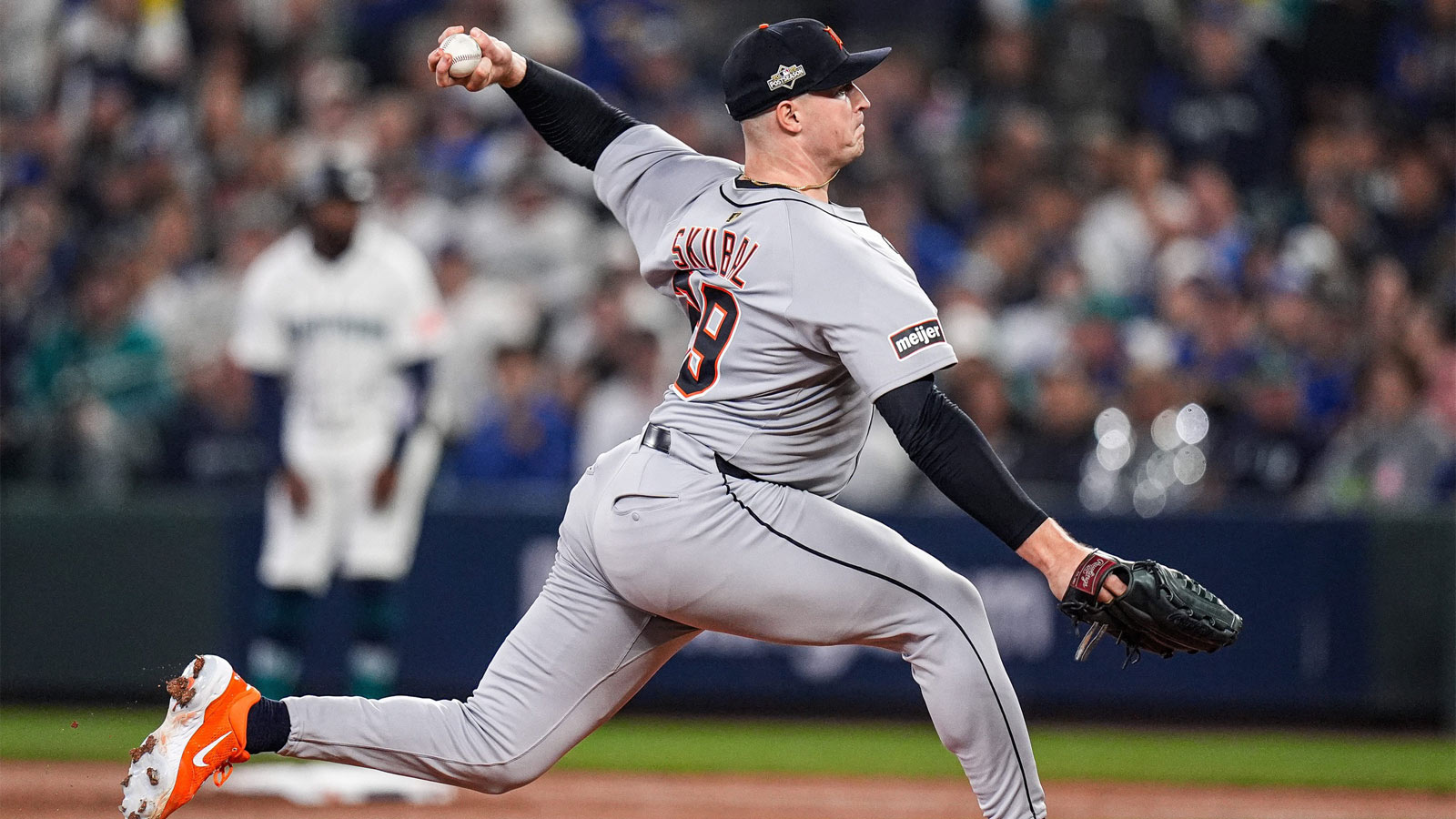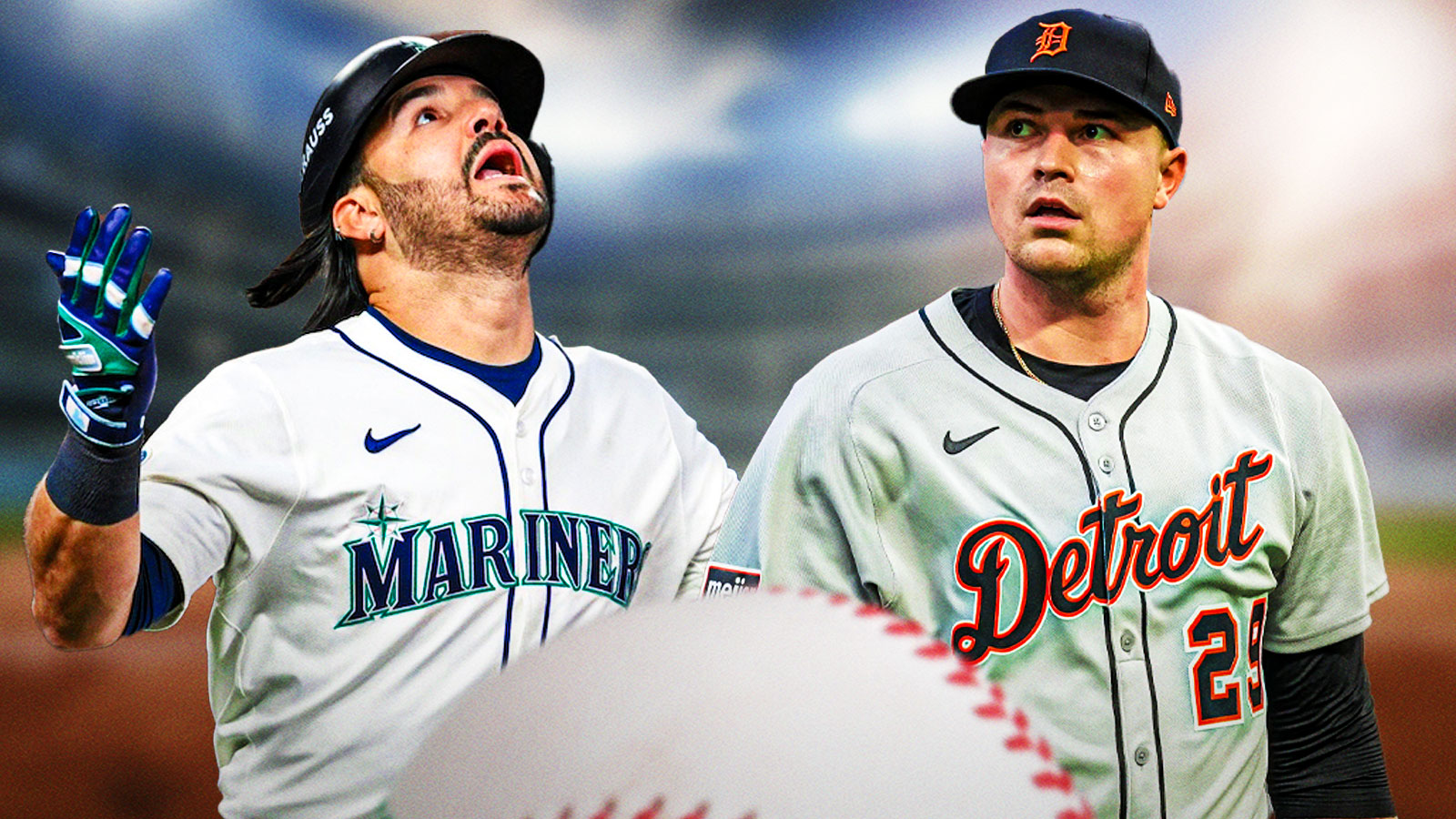The Detroit Tigers might be sitting pretty atop the AL Central, but don’t let the standings fool you — there’s a glaring issue that could blow up their October dreams if left unaddressed: the bullpen. While President of Baseball Ops Scott Harris took a quantity-over-quality approach at the trade deadline, the club is still staring down a relief corps that ranks near the bottom of Major League Baseball in key metrics and is, quite frankly, holding this team back.
On paper, the Tigers made a flurry of moves to shore up their pitching staff, bringing in Chris Paddack and Charlie Morton for rotation depth, as well as relievers Kyle Finnegan, Rafael Montero, Paul Sewald (currently injured), and Codi Heuer. But none of these acquisitions moved the needle in the way a contender’s deadline moves typically do. And therein lies the issue.
Since June 1, the Tigers’ bullpen ERA is a brutal 5.03 — 27th in the majors. In a sport where bullpen success often makes or breaks a postseason run, that stat alone should set off alarm bells across Comerica Park. And somehow, things got even more confusing after the deadline when Detroit optioned right-hander Brenan Hanifee — who led all qualified Tigers relievers with a 2.92 ERA over that same stretch — to Triple-A Toledo to make room for Montero.
That decision has not aged well.
Tigers' Bullpen could hurt them in the postseason
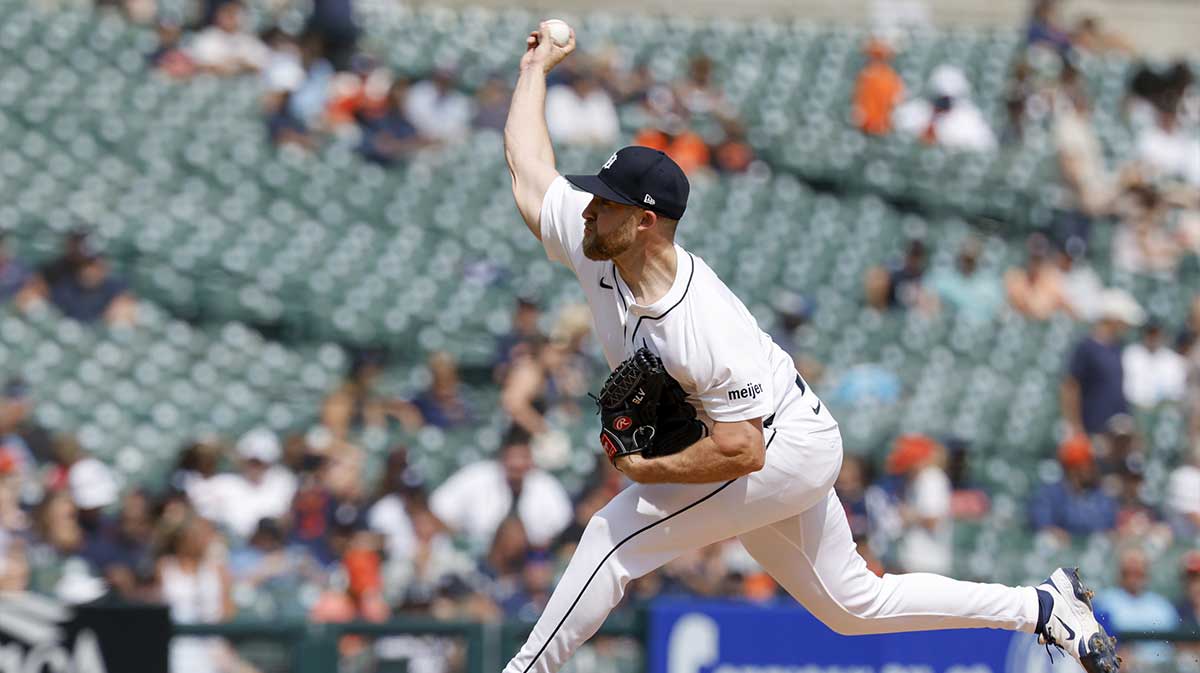
Montero, whose ERA since 2023 ranks near the bottom of all qualified relievers, imploded in his Tigers debut, giving up two earned runs and showing the exact issues that plagued him in Atlanta. His walk rate sits in the 2nd percentile league wide. The splitter might be nasty, sure — but what good is swing-and-miss stuff if you can’t find the strike zone?
Meanwhile, top acquisition Paul Sewald is still recovering from a shoulder injury and won’t even be eligible to return until September 10. He insists he’ll pitch in 2025, but shoulder strains aren’t exactly predictable — and nobody would be shocked if he didn’t throw a meaningful pitch this season. That leaves the Tigers hoping that Finnegan, the ex-Nats closer, and a few homegrown arms can carry the load. It’s not exactly a comforting outlook.
And while rookie Troy Melton looked solid in his two-inning relief debut, it’s a lot to ask of a recently converted starter with zero playoff experience to step in as a high-leverage arm down the stretch. Still, Melton may end up being one of Detroit’s best options. His 99-mph heater and swing-and-miss potential offer legitimate upside — something that many of the Tigers’ current bullpen pieces simply don’t possess.
Tigers lineup struggling after the all-star break
Beyond the bullpen, the cracks are starting to show elsewhere, too. Detroit’s offense is becoming overly reliant on individual heroics and is trending in the wrong direction. Since the All-Star break, the Tigers lead MLB in strikeout rate (25.9%) and have the lowest walk rate in the league (4.7%). Riley Greene — despite his importance to the lineup — is striking out at a historic clip. That kind of approach won’t fly against playoff-caliber pitching.
Add in a struggling Tommy Kahnle, who’s lost bite on his changeup and seen his ERA balloon to 4.87, and suddenly you’re looking at a bullpen that’s unreliable at best and dangerous at worst. Even with promising arms like Melton and Brant Hurter in the fold, the lack of defined, dependable roles is a recipe for disaster. In October, managers live and die by their bullpen decisions — and right now, A.J. Hinch doesn’t have many good ones.
Yes, the Tigers are still favorites to win the division, but the bar shouldn’t be “win the Central and hope for the best.” This team — led by Cy Young front-runner Tarik Skubal — has enough top-end talent to dream bigger. But those dreams hinge on being able to protect leads, shorten games, and shut the door in the 7th, 8th, and 9th innings.
Right now, there’s no reason to believe they can do that consistently. Detroit didn’t land a Josh Hader or a David Bednar. Instead, they gambled on aging veterans, injury-prone arms, and minor-league projects. That’s fine for a team on the rise. It’s not fine for a team trying to win now.
Scott Harris says the bullpen will “sort itself out.” Hinch says he has “a lot of options.” The fanbase is saying something else entirely — and it’s hard to blame them.
If the Tigers want to play deep into October, someone — whether it’s Melton, Sewald, or even a revamped Montero — needs to step up and become the high-leverage weapon they sorely lack. Until that happens, Detroit’s bullpen remains its Achilles heel. And come playoff time, Achilles always falls.






